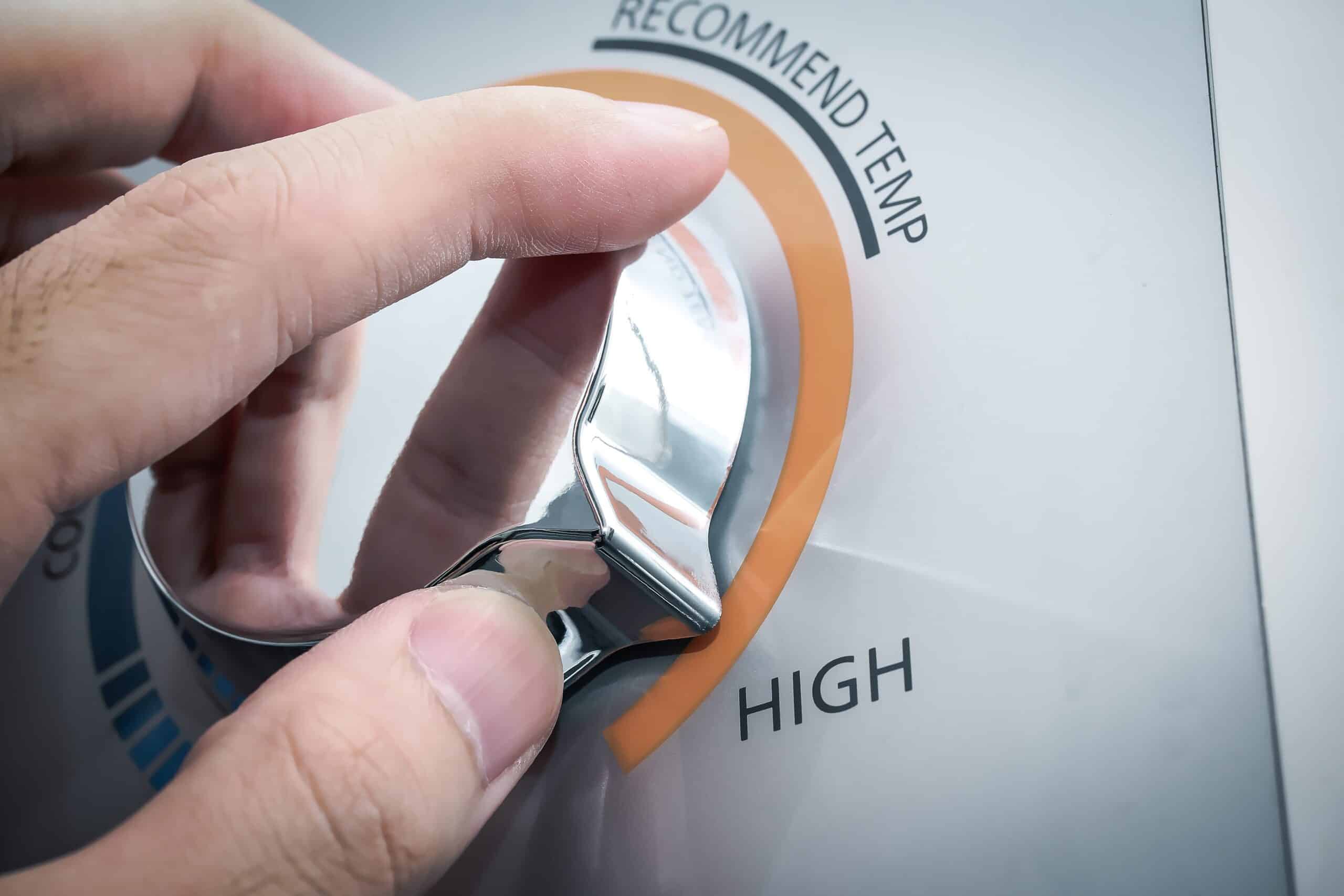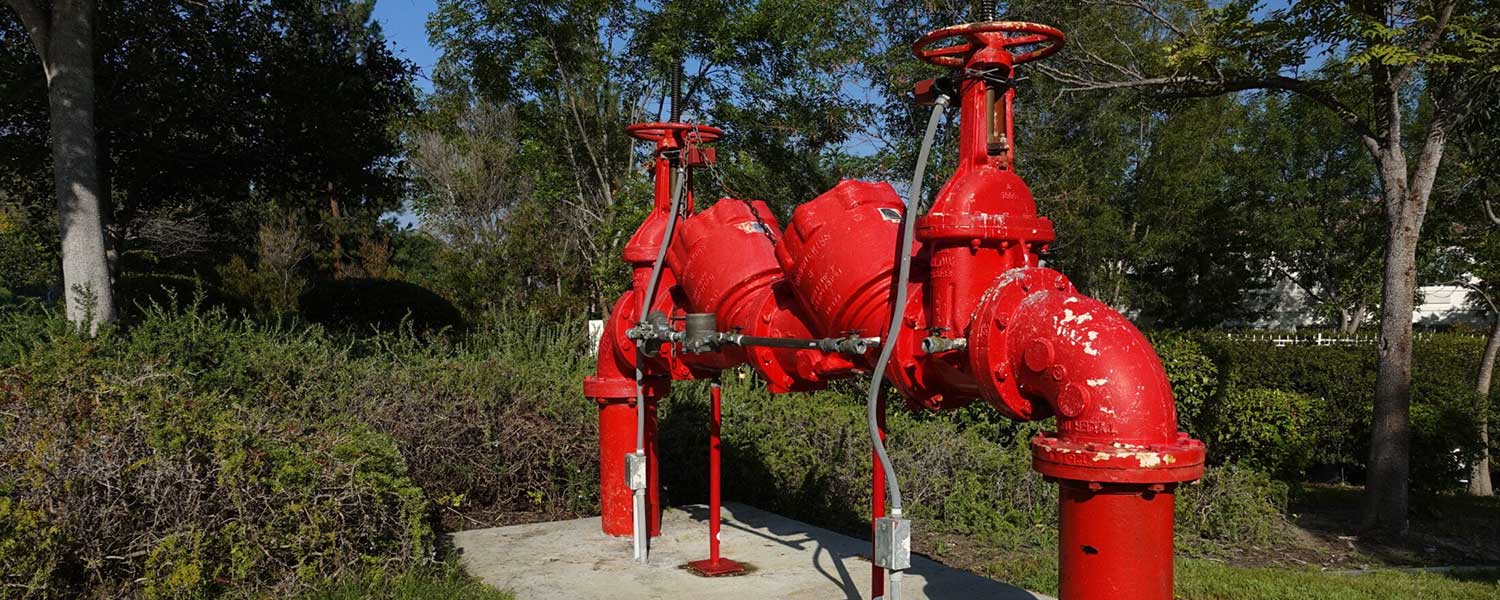Signs It's Time to Replace Your Pressure Regulator - water pressure reducing valve
Water pressure is measured in PSI (pound-force per square inch). Home water pressure can range from 45-80 PSI. For your home's safety, city-wide standards often require that your water pressure does not exceed 80 PSI, while some cities cap water pressure at 60 PSI.
If the city makes changes to the water line that increase its pressure, it can cause your pipes to burst. The result is a flood that’s extremely costly to repair and remediate. Older pipes have an especially hard time adjusting to increased water pressure, so considering a pressure regulator if you have older home infrastructure is a smart move.
While all of these needs are important, sometimes they let your water pressure slip well below your PSI limits. If your pressure-reducing valve is the source of your water pressure issues, a simple adjustment can fix your plumbing problems.
Another way a water pressure regulator can save you money is cutting down on water usage. Even reducing the water pressure by just ten psi can cut your water usage by thousands of gallons per year, and that adds up on your water bill.
Pressureregulating valve

City guidelines often keep a strict cap on water pressure to keep homes safe. As mentioned above, this is commonly 60-80 PSI. However, the municipal water pressure is often much higher (up to 150+ PSI) to ensure fire hydrants and other city-wide water needs are met. Some homes naturally meet pressure guidelines, while others need pressure regulator valves. Without a PRV, overly-high water pressure may cause you to fail a home inspection.
Water pressure
Contact Bill Howe at 858.276.0256 for all water treatment services, including water pressure problems. We provide installation services for water softeners and water heaters, diagnose leaks, clean out clogged drains and much more! When you need an expert for your home’s plumbing, trust Bill Howe Plumbing. We know Howe!
Consistent high water pressure is hard even on newer pipes and can cause cracks, which turn into leaks in time. A flood can do major damage to your home, resulting in having drywall and flooring replaced, and paying for mold remediation, which is a common problem after flooding occurs.
Pressure regulator
Is your water pressure struggling? The Raleigh plumbers at Newcomb and Company can help. We can examine whether you need a PRV adjustment, replacement, or another plumbing service. Our experts proudly serve the plumbing needs of the larger Raleigh area, including Knightdale, Clayton, Garner, Cary, Durham, Raleigh, and beyond! Contact our plumbing experts to make your appointment today!
RVWater Pressure Regulator
When your water pressure is too high, it places stress on the components inside your water fixtures. You may have to replace gaskets and seals less often with a regulator, and you run less risk of experiencing a catastrophic failure. This system also ensures you have adequate water pressure when you take a shower because you can up and down regulate your pressure.
By stabilizing the pressure, you won’t need to worry about not using the dishwasher while taking a shower or getting a gush of water unexpectedly from changes in the water pressure.
If you aren’t sure whether you need a water pressure regulator, consider the following benefits to help you decide. If the answer is “yes,” you can contact Bill Howe Plumbing for installation.
This is a common plumbing question with a complex set of potential answers. Your water pressure issues may originate from a plumbing leak, which redirects water away from your showers and faucets. It could also be caused by an old showerhead or outdated plumbing fixtures. However, one regularly overlooked source of low water pressure is also often the easiest to fix: regulator valve issues. The Raleigh plumbers at Newcomb and Company are here with insight into this common plumbing problem.
Most newer homes have a water pressure regulator already installed. Regulations require every home built after 2002 to have one. However, these components only last for a decade or so, and you’ll need to replace them when they wear out.
If the water pressure isn’t reduced, it can cause damage to the piping in your home and any appliances affected by the water, such as the water heater and washing machine. The last thing you want to deal with at home is a flood from a burst pipe or a slab leak.
High water pressure can also lead to increased water waste. Your PRV may have been installed to help you save water/money. As such, your water pressure PSI may be tailored to meet the efficiency needs and preferences of a previous homeowner. For example, your pressure regulator valve may be keeping your home at 45 PSI, where you may be used to water pressure closer to 80 PSI.
We often think of high water pressure as a good thing, but overly-high water pressure can create serious and costly trouble for your home. Water pressure-reducing valves are installed for one (or more) of three reasons:
PressureReducing Valve

Do you think your pressure regulator valve is restricting your water pressure? This valve can be easily adjusted by a professional plumber. First, an expert will inspect your regulator valve and read your PSI to determine whether you are below the area’s limits. A professional may also check to ensure that you are not facing another plumbing issue causing the low water pressure. Depending on your home and your settings, your plumber may be able to adjust your water pressure slightly so that your PRV can maintain its purpose while still giving you the pressure boost you need.
Watervalve
If you need to have your water pressure reduced or regulated, you can contact Bill Howe Plumbing. We are your San Diego plumbing experts and can install a water pressure regulator for your house or diagnose other issues with your plumbing.
Your water fixtures aren’t the only things taking a hit when the water pressure is too high. High water pressure is also hard on your appliances. The water pressure causes similar damage to the internal components of a washing machine, dishwasher, and water heater as it does to your fixtures. By regulating your water pressure, you will extend the life of your fixtures and appliances and spend less on maintaining them, too. Another thing to consider is that high water pressure can void the warranty on your appliances. Many warranties put restrictions on the level of pressure. If your water is above the threshold, you may end up paying for any repairs on your own, even when a warranty would usually cover the appliance.
Most newer homes meet these standards by connecting a pressure regulator valve (also called a pressure-reducing valve, or PRV) to their mainline. As the name suggests, this device works to regulate or reduce your water pressure. When a pressure-reducing valve is too tight or needs replacing, it can create low water pressure in your home.
Why do cities, builders, and home inspectors care so much about your water pressure? It is to keep your plumbing systems safe and protected. Excessively high water pressure can increase the turbulence within your plumbing system, which puts your pipes, appliances, and home at risk. High water pressure can cause frequent leaks, pipe bursts, faucet troubles, connector failure, and more. Your pressure regulator valve could be preventing dangerously high water pressure.
A water pressure regulator is also called a pressure-reducing or regulating pressure valve. Its job is to regulate water pressure and reduce pressure from the main line as it travels into a home. Without this valve, the water pressure from the main line would be too strong for the home’s plumbing to manage, resulting in all kinds of potential problems.
The water pressure regulator valve uses a spring, which water must pass through before it enters the home. When too much pressure is present the valve closes and lets less water through. You can control your water pressure by adjusting a screw located on the outside of the regulator.
If you’ve ever dealt with low water pressure, you’ll know it can be a pain to take a shower, or fill the bathtub or washing machine. While you may not notice high water pressure as much, it can be a major problem and cause damage to your pipes and appliances. A water pressure regulator can take care of high pressure issues and help you save money on your water bill.
This service offers a variety of benefits to your home. Not only will increased water pressure improve the performance of your showers and faucets, but it may also provide better appliance functionality. For example, if your dishwasher, washing machine, and other water-driven appliances do not clean well, a new pressure regulating valve may help.
Alternatively, low water pressure may indicate that your pressure-reducing valve is at the end of its lifespan, which will cause it to stop working. This issue will require a replacement PRV rather than an adjustment before restoring your water pressure. A plumber can inspect your pressure-reducing valve and let you know whether or not you need a replacement.
By reducing high water pressure in your home you’re protecting your appliances and plumbing fixtures and you’ll save money on repairs in the long run. Your appliances will also last longer, so you don’t have to worry about replacing them as often.




 8615510865705
8615510865705 
 8615510865705
8615510865705